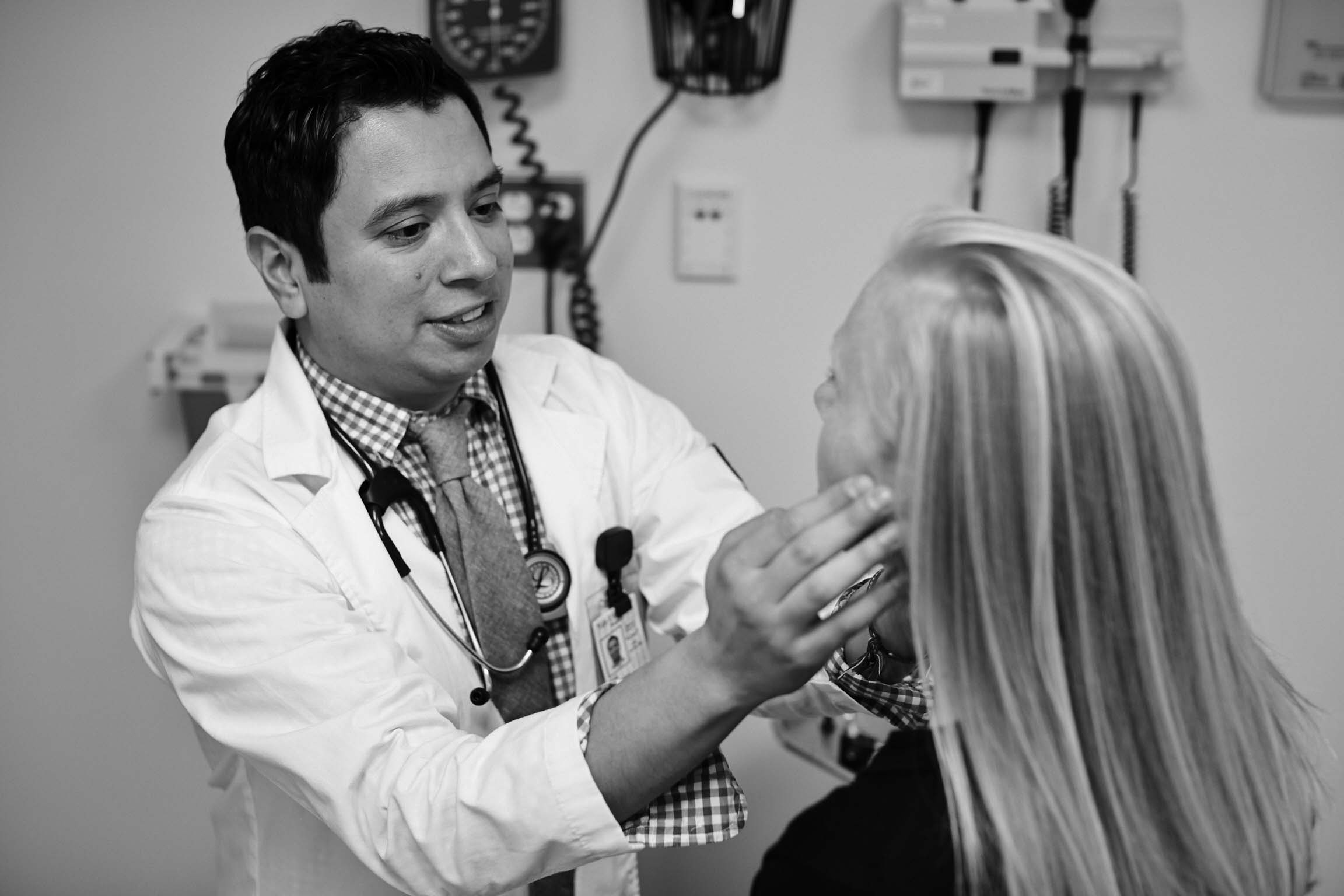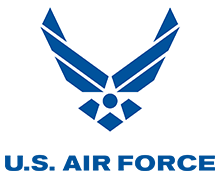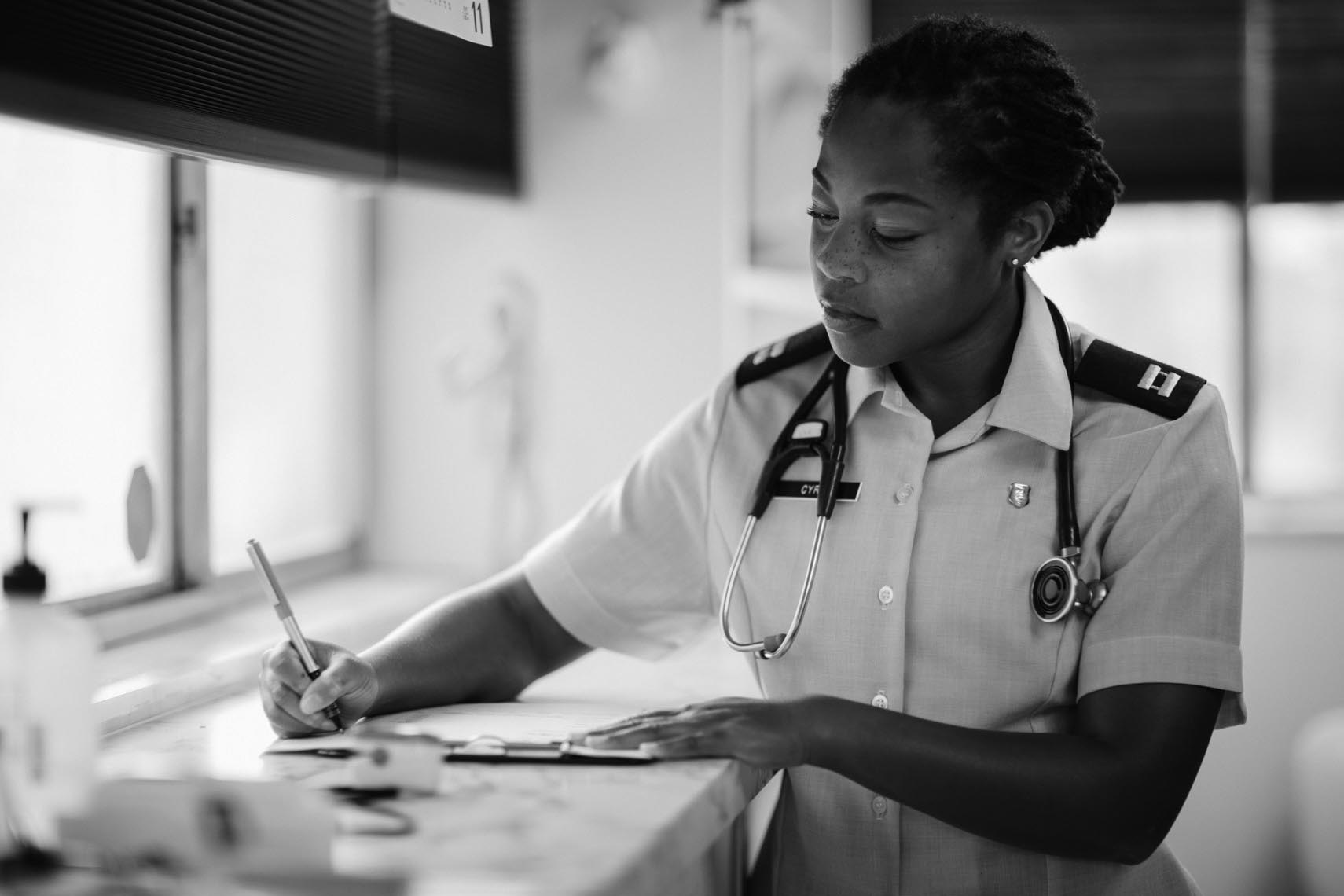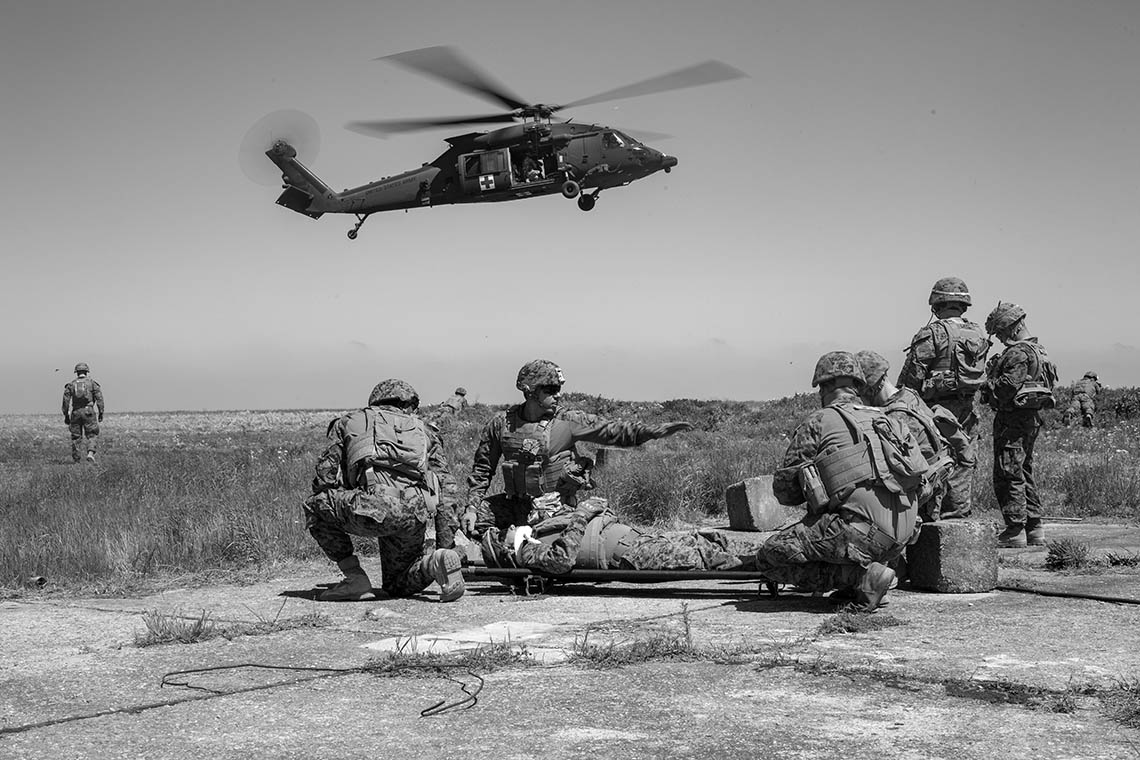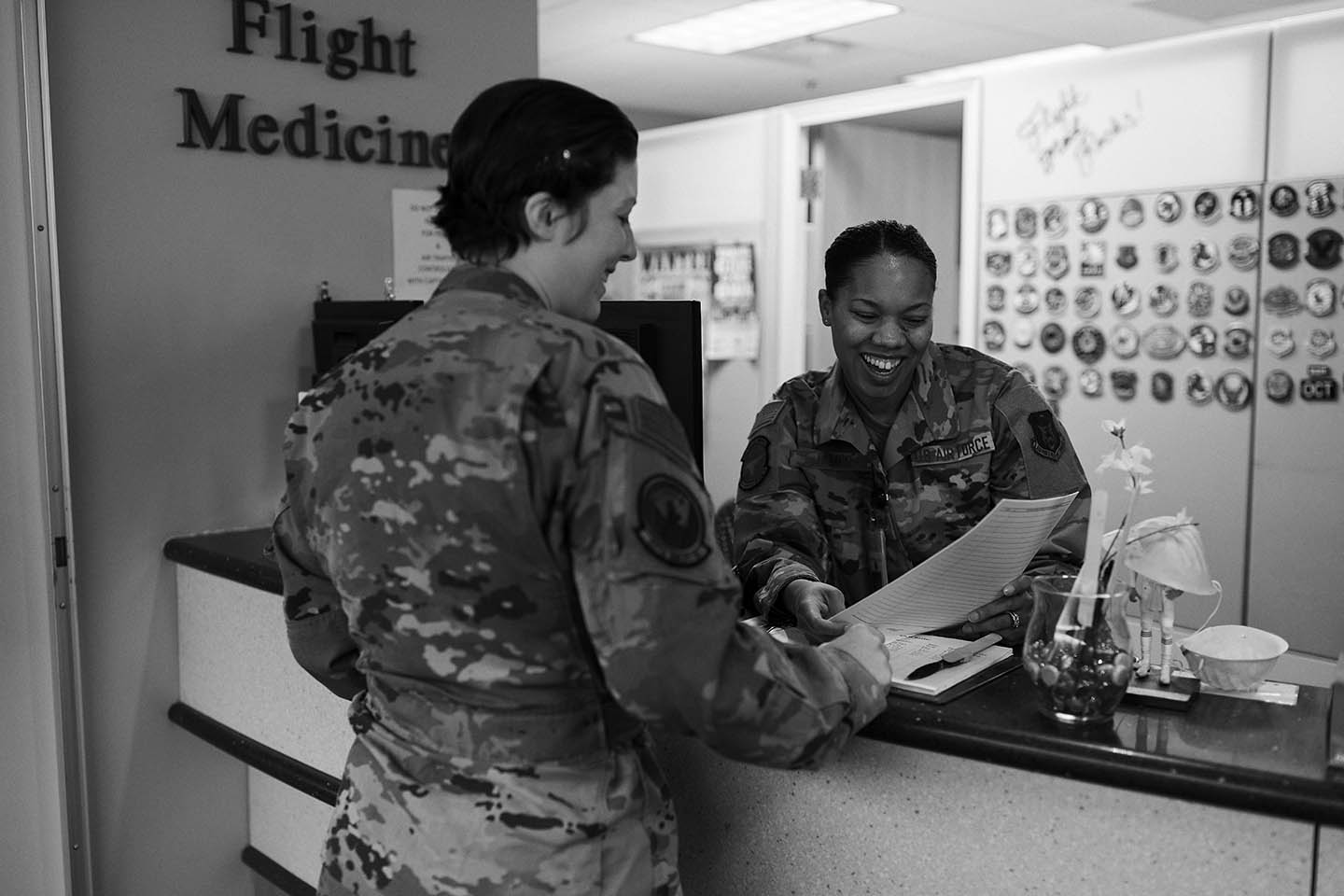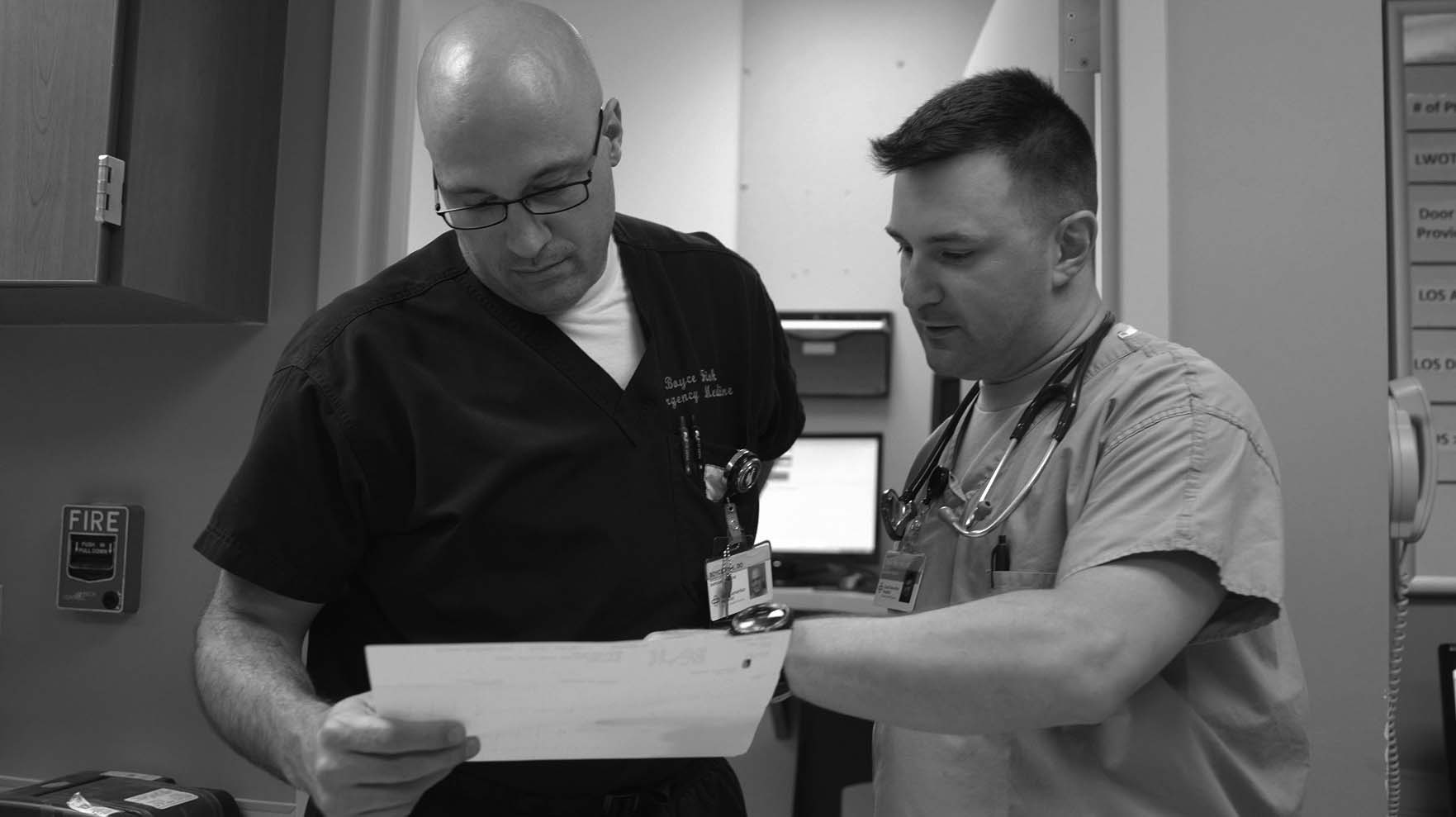
- FAQs
- |
About Military Medicine
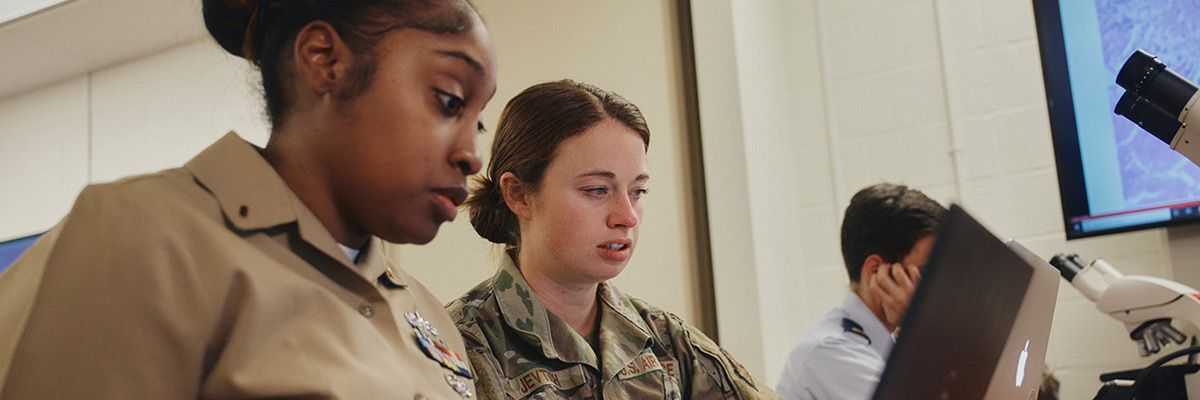
Military medical professionals and researchers are leaders and researchers operating on the cutting edge of healthcare—at home and abroad.
Each Service branch has their own unique mission, culture, traditions and strengths. Whichever you might select, you will practice medicine in support of our country’s military service members and their families.
Explore this page to get a better understanding of the experiences, personal growth and educational advancement opportunities that could exist for you as part of a career in military medicine.
Seeds of Service: Military Medical Training
Learn about the largest military healthcare network in the world, and how it operates.
Learn about the largest military healthcare network in the world, and how it operates.
NARRATOR: The U.S. military medical community is made up of more than 120,000 service members. The majority of them had their medical training paid for completely by the military. They work in dozens of medical specialties in top-rate facilities around the world treating a unique patient population. the military health care network is one of the largest in the world and operates based solely on the needs of patients not financial considerations military medical practices and research have contributed significantly to the development of civilian health care lifesaving opportunities abound with the opportunity to work in trauma care disaster relief and humanitarian operations most importantly the work of members of the military medical community preserve the nation's fighting strength and serves those who serve.
U.S. Army Medicine Brief: One Doctor Many Roles
Hear from a service member who is not just a physician but also an educator and a leader
Hear from a service member who is not just a physician but also an educator and a leader
ROSS: This is the hardest thing for a lot of physicians to learn when they get into the Navy is that you’re a medical officer and the officer is the key. It's the anchor. You have skills that the other people may not have but you’re also expected to be a leader and to be part of a medical team, and that has actually turned out to be the most enjoyable part of my job. My first half of my career I wanted to be a physician and I wanted to spend my time with patients. When I got out, I realized that I kind of missed that the bonding that occurs with other service members and that teamwork feeling. And I could just feel it, and I wasn’t getting it in the civilian side, and so I joined the Reserves. This is kind of where I really kind of changed my career from being just a physician to a physician and leader. I started to realize that the best thing I can do is not necessarily just what I can do with my hands but what I can do to help a group of people become a functioning unit so that they’re ready to deploy forward to take care of service members. If you’re on a special mission like the Navy Reserves, we have our day jobs, but then on the weekend we put on a different uniform. We don’t put our physician uniform on. We put our military officer uniform on. That bond that you create with people you serve with is what keeps me going – you know, keeps me going back. My wife would often say when I’m calling home on Sunday on my way home that I have this brightness in my voice after my drill weekend because I’m working with people who are there because they want to be every single day, and that creates a kind of a unique group of people.
U.S. Army Medicine Brief: Educational Opportunities
Hear from a service member about the world-class education and career opportunities that the Military can offer.
Hear from a service member about the world-class education and career opportunities that the Military can offer.
WASHINGTON: I am passionate about Army medicine. When I was initially in med school I thought that I would just open a practice and work in a clinic somewhere and instead I've traveled halfway around the world I come and do these college tours and I still get to work with patients deliver babies and it's just been the best opportunity. I met a fellow student who is applying for the HPSP scholarship a scholarship program for healthcare professionals including medical dental physician's assistants and nurses. It paid full medical tuition for all of my books all of our fees even for our osteopathic manipulative table. HPSP isn't the only way the Army supports education but if you're in residency or you're already a practicing physician they have other programs tailored for loan repayment on the Reserve Program where you're just called to duty a couple of times a month not only does the army allow me to be a mentor to our soldiers and our own medical students but it also allows me to come out to the schools and tour and be a mentor it's not just as an army physician because the Army has given me the high quality training it uses advanced technology its innovative in its education and research I could step out of this uniform today and work anywhere in the US.
Navy Tropical Medicine
See how becoming a Navy doctor can help make a difference all around the world.
See how becoming a Navy doctor can help make a difference all around the world.
NARRATOR: I think it's a common misconception that you join a military to go to war so the healthcare system was not the best to be. There are so many different facets. The military has a tropical medicine program that's been going on for over 20 years teach doctors nurses sometimes medics we go to several countries work with the local doctors and medical staff how to manage tropical medicine diseases is update team 27 the old relationship of all we kind of comment bring you supplies orchids. We've kind of moved on from there to have like a equal relationship of just like kind of exchanging information about medicine so the first lecture is medical waste that's important for all of us so we give some lectures they also give us some lectures. There was a time in history where you could only be worried about what is going on in your borders because really maybe things happening other places at a distance from you doesn't really affect you now because of globalization we are kind of intertwined. I've been to almost 40 countries India, Thailand, Brazil, Tanzania, Honduras you know you're just trying to have a positive influence on people's lives.
